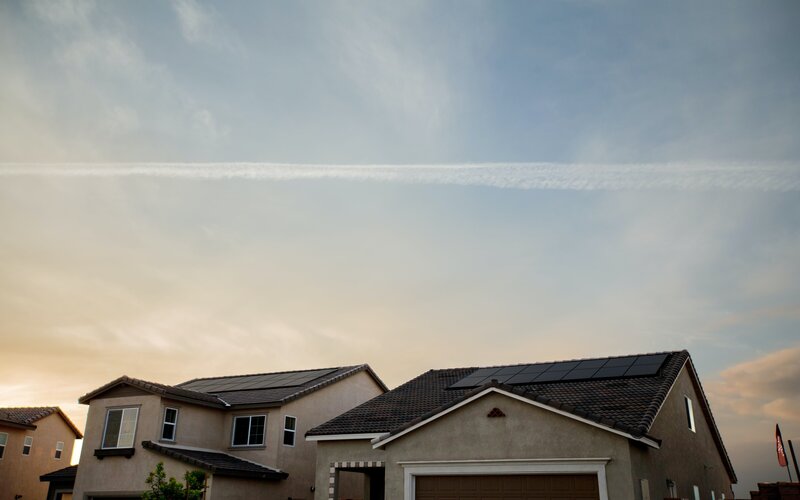Household savings to income dropped to under the 1% mark from 1.6% the previous quarter as expenses outpaced income growth.
Australian Bureau of Statistics data showed an increase in household spending (1.5% higher) detracted from savings as prices for essential and discretionary services continued to rise.
It’s the lowest rate of household savings in Australia for the last 17 years, just before the Global Financial Crisis struck in 2007.
Despite the numbers showing a 1.1% rise in gross disposable income for the quarter, it was more than accounted for by a 3.9% rise in interest payable on dwellings.
At the same time, the latest annual inflation figure – 3.6% in the 12 months to April – continued to tick upwards despite the Reserve Bank of Australia’s attempts to pull it back through interest rate increases.
The annual rate was 3.5% in March and 3.4% in February.
Australian economy slowing
The household savings figures were included in the quarterly national accounts data, which showed Australia’s economy grew by a weak 0.1% in March.
Outside of the pandemic, it’s the slowest pace of economic growth since the early 1990s recession and comes despite recent record levels of immigration.
Gross Domestic Product (GDP) per capita has fallen for the fifth consecutive quarter, dropping 0.4% over the quarter and 1.3% for the year.
It’s also at its lowest level since the early 1990s.
Canberra commentary
Treasurer Jim Chalmers fronted a media conference in Canberra and said the figures were not unexpected and vindicated the household relief measures delivered in the federal budget.
He blamed the primary cause of weak growth on higher interest rates, combined with persistent inflation and ongoing global uncertainty.
The national account figures were handed down after RBA governor Michele Bullock fronted a Senate estimates committee in Canberra.
Inflation still the enemy amid slowing economy
Ms Bullock told the committee the best thing the central bank can do for the economy and households is to bring down inflation.
Even before the national accounts were delivered, Ms Bullock said she didn’t expect to see economic growth but refused to be drawn on whether Australia was in a per capita recession.
She again reiterated the Reserve Bank board would need to see inflation coming back down before passing on interest rate relief for debtors but said she could not forecast when that would be.
The next meeting of the Reserve Bank board is set for 17-18 June.
Image by Vitaly Gariev on Unsplash



 Denise Raward
Denise Raward
 Harry O'Sullivan
Harry O'Sullivan

 Rachel Horan
Rachel Horan
 Harrison Astbury
Harrison Astbury

